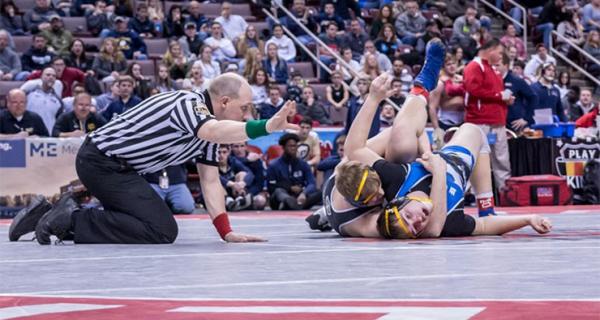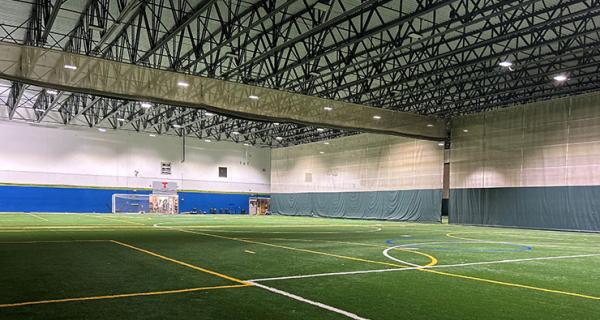How Sports Tourism Paves the Way to Career Advancement
These three industry pros moved from sports to higher-ranking jobs in destination marketing.

Changing jobs within an industry you love means taking risks to reap rewards, such as a boost in salary or a springboard to an incredible opportunity. Meet three dynamic go-getters who made big moves in the industry:
Bree Nidds was director of sports development for Visit Virginia’s Blue Ridge. Now, she’s Discover Lehigh Valley’s vice president of sales. She was a varsity sailor at the University of Hawaii at Manoa.
Mark White worked as Visit Salt Lake’s director of sports sales leading up to the 2002 Winter Olympics. He’s currently senior vice president of sales and services.
Ashleigh Bachert worked in college athletics marketing departments at four universities. She then spent seven years running the Jacksonville-Onslow Sports Commission in Jacksonville, N.C., and the Durham Sports Commission, also in North Carolina. Last year, she became Visit Tulsa’s vice president of sales and experiences.
What lessons did you learn from working in sports?
AB: The women’s basketball coach at Indiana University once told me to dress and act for the job I want, not the job I have. That has stuck with me over the years as I balance event operations and sales efforts. I’ve also learned to sit back, listen and ask great questions. It’s more important to read in between the lines than to make my voice heard.
MW: That was a particularly exciting time, as Salt Lake’s offerings were growing dramatically. Our primary focus was on conventions, meetings, bus tours and the ski market. Until I was hired, there wasn’t a proactive effort to pursue athletic events, which presented challenges and opportunities. Getting things up and running was similar to leading a startup company.
BN: When I was a student-athlete traveling with my team across the country to compete, I saw sports tourism firsthand at the collegiate level. It bolstered the idea that if I can create an experience in a destination for athletes, coaches and spectators, I know it can provide lifelong positive memories.
How does the training and experience you received in sports apply to your new role in destination marketing?
AB: Working in collegiate sports and running up to three sports per season meant learning to juggle different projects, prioritize and work through the stress of tight deadlines. My time with the sports commissions taught me how to work with the board of directors and elected officials and better understand what they want to achieve our internal goals.
BN: In order to do your job effectively in destination sports marketing, you have to be the connector within your community. Your credibility depends on how connected you are to the venues and assets. It could be as straightforward as having a relationship with your local soccer complex, or being a phone call away from your area's department of transportation. When taking on larger roles that encompass more than the sports market, I always go back to laying the relationship groundwork within your community first.
MW: Handling the sports market required establishing relationships with rights holders, event producers, venue operators, athletes, volunteers and spectators. Recognizing each entity’s different needs and desires provided exceptional training for working with the myriad people and organizations that I do in my current role.
Any tips for others in sports who also want to pivot to working for a DMO?
BN: Leverage your ability and strength to bring lots of entities and people together to successfully book and execute an event in your destination. Showcasing that you are a true connector for your destination will easily translate to any market in sales, and also showcase your leadership strengths.
AB: Don’t burn yourself out, but try to take on new opportunities to grow your experience base. When I have the time, I volunteer for new projects that will grow my knowledge base. Talk to people in the industry that you want to be in. Ask about their backgrounds and skills they needed to get to where they are. Work on relationship-building beyond the client.
MW: I suggest finding a mentor who’s involved with convention sales, reading publications and blogs from the meetings and convention industry, and attending industry trade shows and events focused on conventions. Most importantly, do a remarkably exceptional job in your current role; people will notice.








